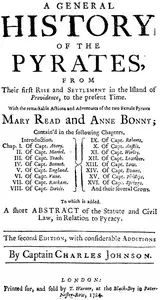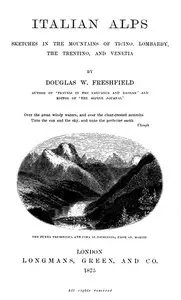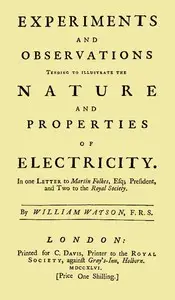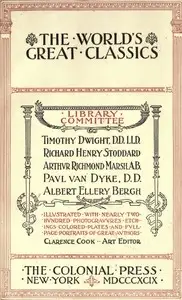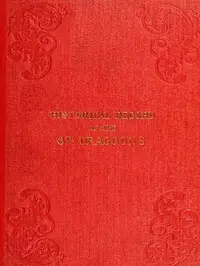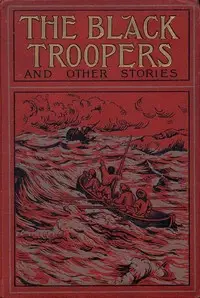"Remarks on the speeches of William Paul Clerk, and John Hall of Otterburn, Esq…" is an analytical critique of the final speeches of two men executed for rebellion, written in the early 18th century. The text serves as a political commentary, defending the established government and challenging the narratives presented by the rebels in their speeches. The book critiques the motivations and claims made by Paul and Hall, arguing against their portrayals as martyrs while reaffirming the legitimacy of the reigning authority. In the text, both William Paul and John Hall make fervent declarations supporting the Jacobite cause and lamenting their fates. Paul expresses regret for his past mistakes, yet simultaneously attempts to leverage his execution for martyrdom, while Hall positions himself as a noble figure sacrificed for his rightful king. The author of the "Remarks," however, systematically dismantles their arguments, outlining the inconsistencies and fallacies in their claims and highlighting their previous attempts to save their lives, which contradict their postures of unwavering loyalty. Ultimately, the book argues against the legitimacy of the rebels' assertions and profoundly critiques the idea of loyalty to a dethroned monarch in favor of the established order. (This is an automatically generated summary.)
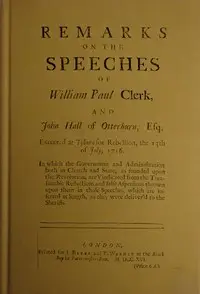
Remarks on the speeches of William Paul Clerk, and John Hall of Otterburn, Esq : $b Executed at Tyburn for rebellion, the 13th of July, 1716
By Daniel Defoe
Sometimes attributed to Daniel Defoe.
Genres
Released
2023-04-11
Formats
epub
epub (images)
epub3 (images)
mobi (images)
Free Download
Overview
About the Author
Daniel Defoe was an English novelist, journalist, merchant, pamphleteer and spy. He is most famous for his novel Robinson Crusoe, published in 1719, which is claimed to be second only to the Bible in its number of translations. He has been seen as one of the earliest proponents of the English novel, and helped to popularise the form in Britain with others such as Aphra Behn and Samuel Richardson. Defoe wrote many political tracts, was often in trouble with the authorities, and spent a period in prison. Intellectuals and political leaders paid attention to his fresh ideas and sometimes consulted him.
Total Reviews
10.0k
Total reviews from Goodreads may change



